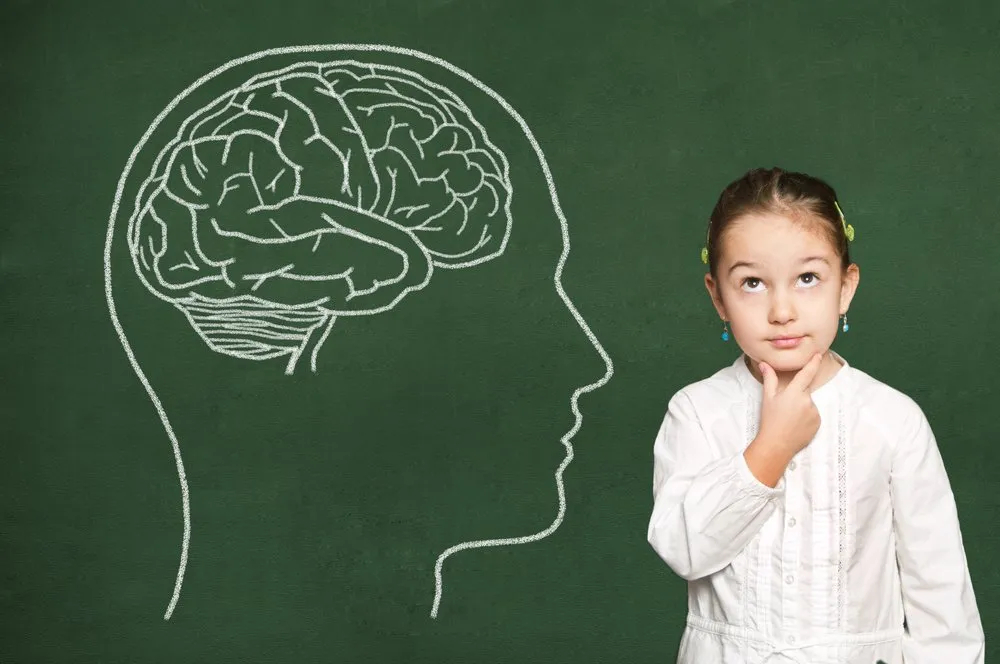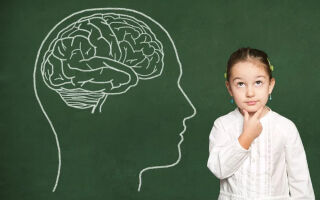
Reading is an essential skill that every child needs to learn. It not only helps in developing their language and cognitive skills but also expands their knowledge and imagination. As parents or educators, it is important to understand the science behind children reading and how their brains process text.
In this article, we will discuss the importance of reading for kids, the science behind children reading, and how you can help improve their reading skills.
The Importance of Reading for Kids:
Reading is a fundamental skill that is necessary for success in life. It helps in developing vocabulary, comprehension, critical thinking, and problem-solving skills. Reading also improves imagination, creativity, and empathy. Children who read regularly are more likely to perform better in school, have higher academic achievement, and develop a lifelong love for learning.
The Science Behind Children Reading:
The process of reading involves various areas of the brain, including the occipital lobe, temporal lobe, and frontal lobe. The occipital lobe processes visual information, while the temporal lobe is responsible for recognizing and understanding words. The frontal lobe helps in making connections between words and ideas and is involved in higher-order thinking.
When a child reads, their brain processes information in two ways: phonetically and visually. Phonetics refers to the sounds of words, while visual processing involves recognizing words by their appearance. Both of these processes work together to help a child understand what they are reading.
How Children’s Brains Process Text:
The process of reading involves the following steps:
- Visual Recognition: When a child reads, their brain processes the visual information and recognizes the words on the page.
- Phonetic Processing: Once the words are recognized, the brain processes the sounds of the words and combines them to form meaningful sentences.
- Comprehension: After the sounds of the words are processed, the brain then comprehends the meaning of the sentence and the overall message of the text.
- Retention: Finally, the brain stores the information in long-term memory, which helps the child recall the information later.

How to Improve Children’s Reading Skills:
As parents or educators, there are many ways to help improve children’s reading skills. Here are a few tips:
- Read Aloud: Reading aloud to children can help them develop their phonetic processing skills and improve their comprehension.
- Encourage Reading: Encourage children to read every day, even if it’s just for a few minutes. This helps in developing reading fluency and comprehension.
- Practice Phonics: Phonics is a method of teaching reading by correlating sounds with letters or groups of letters. Encourage children to practice phonics regularly.
- Provide a Variety of Reading Materials: Provide children with a variety of reading materials, including books, magazines, and newspapers. This helps in developing their vocabulary and comprehension skills.
- Use Reading Apps: There are many reading apps available that can help children improve their reading skills. These apps provide interactive stories and games that make reading fun and engaging.
How Can Parents Help their Child who is Struggling with Reading?
If your child is struggling with reading, there are several things you can do to help them. Here are a few tips:
- Find out the root of the problem: Talk to your child’s teacher or a reading specialist to determine the cause of the reading difficulties.
- Provide extra support: Offer extra support by reading with your child and providing additional practice materials.
- Break down reading into smaller steps: Break down reading into smaller steps to make it more manageable for your child.
- Create a comfortable reading environment: Make sure your child has a comfortable and quiet place to read, with good lighting and minimal distractions.
- Be patient and positive: Encourage your child and be patient as they work to improve their reading skills.
Conclusion
Reading is a critical skill that every child needs to learn. It not only expands their knowledge and imagination but also helps in developing their language and cognitive skills. The science behind children reading shows how the brain processes text and the various areas of the brain involved in the process.
As parents or educators, it’s essential to understand how children’s brains process text while reading and the ways to improve their reading skills. Encouraging children to read every day, providing a variety of reading materials, and offering extra support can help them become confident readers and develop a lifelong love for learning. Complete t
FAQs
1. At what age should children start reading?
Children can start reading as early as 3 years old. However, the age at which a child starts reading can vary depending on their development.
2. Can reading help improve children’s language skills?
Yes, reading can help improve children’s language skills, including vocabulary, comprehension, and critical thinking.






